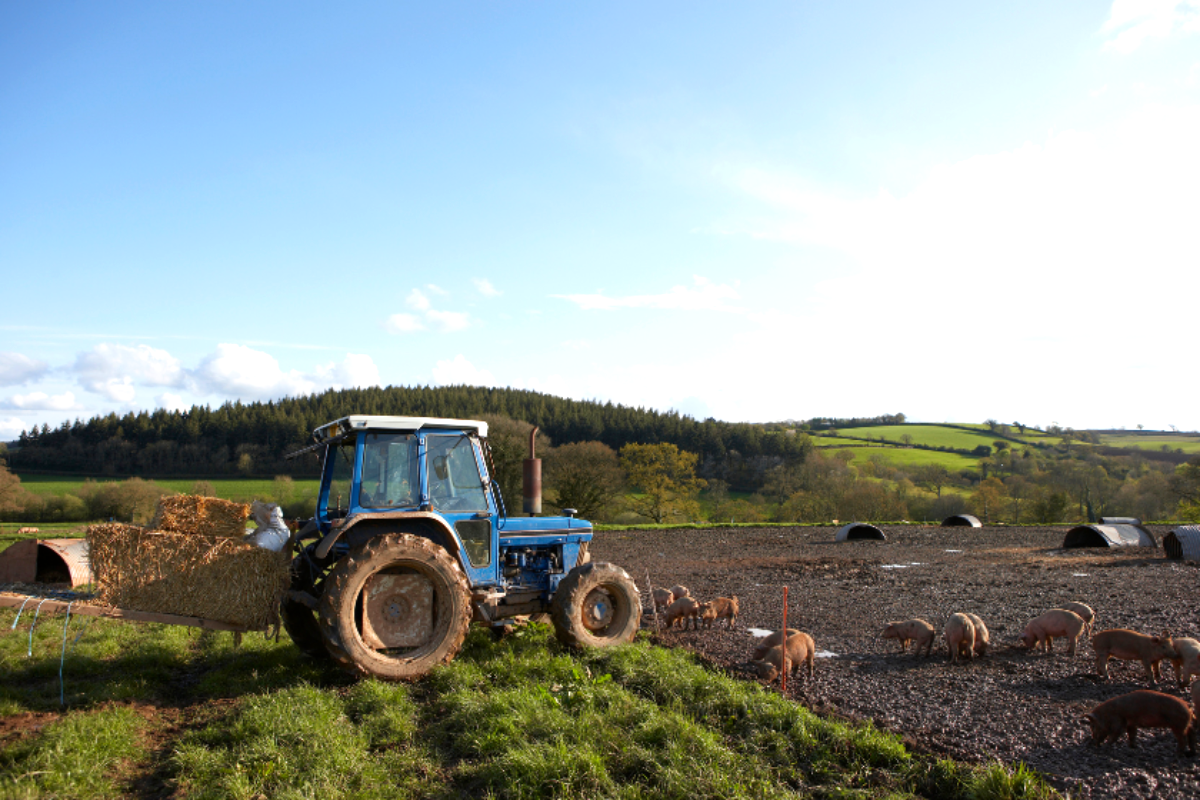
A new report, commissioned by Mayor David Skaith and launched today at the Great Yorkshire Show in Harrogate, has revealed that more than half of all farms in York and North Yorkshire are not making a sustainable profit
The study highlights a challenging financial outlook for the region's agricultural sector, with many of the nearly 7,000 commercial farms currently relying on income generated off-farm to stay afloat.
Mayor David Skaith underscored the gravity of the situation, stating,
“In the uncertain world we find ourselves in, it is more important than ever to support the farmers who feed our nation. Food security is a crucial part of our national security, but only half of our farmers make sustainable profits.
“When our farmers stop making money, they aren’t the only ones who suffer. Our rural economy, from feed merchants and vets to local shops, schools and pubs, all struggle.
“Despite the challenges, there are also opportunities. With the right support, designed with farmers, we can improve the financial outlook of farms. There’s brilliant work already happening in our region – from local food projects to sustainability programmes, and tailored support for farm businesses, but we must do more.
“My message is simple: farming matters. We’re backing our farmers – because when they thrive, so does the nation.”
The report, titled "Review of the state of farming finance and challenges faced," was carried out by Strutt and Parker, who analysed government figures and surveyed farmers, with oversight from the Grow Yorkshire partnership.
Key Findings and Future Scenarios The findings are described as "sobering" by Mayor Skaith in the report's foreword, noting that national policy changes, the impacts of climate change, Brexit, rising cost of living, and increasing concerns around mental and physical health have all taken a toll on farms and farmers in the region.
The new report sets out the current picture and how it could look in a few years, following different scenarios.
- Baseline Scenario: Currently, over half of the farms (3,598), representing 52% of the total, do not make economically sustainable profits. These farms cover 38% of the farmed area. Despite this, a limited number of farms are sold due to lack of profits, as some farmers are willing to live on minimal personal drawings or depend on off-farm income, with over 70% of farms having some off-farm income. In total, farms in York and North Yorkshire generate approximately £387 million in profit annually.
- No Basic Payments Scenario: The phasing out of Basic Payments, a historical income support for farmers, is projected to reduce the total profit generated in the area to £216 million, which is 56% of the baseline amount. This change is expected to push more farms into unsustainable profit levels, increasing the proportion to 54% (3,732 farms).
- Worst-Case Scenario (No Basic Payments and No Inheritance Tax Planning): Under this scenario, which assumes farmers do not undertake tax planning to reduce Inheritance Tax (IHT) liabilities, the total profit generated in the area could plummet to £144 million, just 37% of the baseline. This could mean that 73% of all farms in the region (5,046 farms) might not produce economically sustainable profits, covering 68% of the area. The report notes that the total potential IHT liability for the York and North Yorkshire area is £1.8 billion, representing 10% of the farms’ net worth.
- No Basic Payments and Tax Planning for Inheritance Tax: Even with basic tax planning to reduce IHT liability, the report estimates that 61% of the region's farms (4,265 farms) would still not be making economically sustainable profits, covering 51% of the area.
Impact of Climate Change The report also highlights the increasing impact of climate change on farmers. It cites that the effects of a wet 2023 winter followed by a dry 2024 summer led to a 15-18% reduction in harvest for key crops. A significant finding suggests that a 20% reduction in output across all farm types due to climate change could effectively wipe out all current annual profits of £387 million, turning it into a loss of £322 million. The York and North Yorkshire Combined Authority (YNYCA) has commissioned a separate report on climate adaptation, which identifies challenges such as water shortages, risks to agricultural productivity from extreme events, and increased pests and diseases.
Farmer Sentiment and Challenges A survey of 104 farmers in the region conducted for the report indicated low confidence in the future of farming in York and North Yorkshire, with only 31% expressing confidence. A significant majority (80%) noted considerable financial changes over the past five years, primarily attributing this to the reduction in Basic Payments, followed by higher costs and increased business and weather volatility. The biggest challenges cited were regulatory and policy changes, particularly the proposed changes to Inheritance Tax, and a general lack of government understanding, support, and certainty. Farmers expressed a desire for consistent, long-term support and funding for farming, including agri-environment schemes.
A separate survey by the Yorkshire Agricultural Society, which included over 400 farmer responses, painted a similar picture, showing growing anxiety about financial security and wellbeing. It found that 65% of farmers are worried about the future of their farm business, and only 30% feel confident about the financial outlook over the next year.
Case studies of local farmers highlighted shared challenges, including policy instability, rising input costs for fuel, fertiliser, feed, and labour, extreme weather, labour shortages, and succession and IHT planning complications. Farmers also noted the volatility of market prices for meat, milk, and crops.
Opportunities and Recommendations for Resilience Despite the challenges, Mayor Skaith believes there are opportunities and that farmers, while not seeking handouts, sometimes need a "helping hand". The report suggests that improving the financial outlook of farms is possible with the right support, co-designed with farmers.
A crucial recommendation to increase financial resilience is to help more farms move into higher bands of economic performance. The report states that top-performing farmers earn, on average, over £100,000 more per year than the other 75% of farms, and that agricultural performance is the main differentiator for profitability. Many factors determining success are within a farmer's control, with high-performing farms exhibiting traits such as minimising overhead costs, setting goals and budgets, and embracing innovation.
The report calls on the York and North Yorkshire Combined Authority to support farmers in embracing change and building resilience. Recommendations for the YNYCA include:
- Supporting farms to transition towards profitable, low-carbon, and nature-supporting systems.
- Enabling knowledge-sharing and support, potentially through farmer clusters.
- Making robust, independent evidence and data on profitability and other relevant subjects accessible to all farmers.
- Investing in sharing best practices on farming, land use, and business management via a coordinating regional body.
- Investigating scope for more local autonomy on farming support schemes with Defra to boost farmer buy-in.
- Showcasing positive farming stories in the area.
- Sharing regular objective assessments of government efforts to ensure fairness in supply chains and local food and farming projects.
McCain Foods, a significant buyer of potatoes in the region with a factory in Scarborough, demonstrates a commitment to supporting growers through long-term contracts, including two-year rolling agreements, and incentives for regenerative agriculture practices. The company also supports business planning, infrastructure funding, and encourages younger farmers through dedicated programmes.
The report concludes that by building trust, providing consistent support, offering easy-to-access advice and training, and collaborating with farmers, the YNYCA can help protect the future of farming in the region.




 Scarborough Athletic Stunned By Minnows in Senior Cup
Scarborough Athletic Stunned By Minnows in Senior Cup
 Pickering and Filey MP Criticises Government for ‘Unfair’ Rural Funding Settlement
Pickering and Filey MP Criticises Government for ‘Unfair’ Rural Funding Settlement
 East Riding to Introduce Weekly Food Waste Collections Amid Long-Term Funding Fears
East Riding to Introduce Weekly Food Waste Collections Amid Long-Term Funding Fears
 Whitby Town Again Hit By Second Half Slaughter
Whitby Town Again Hit By Second Half Slaughter
 Eastfield Boxing Club Film to Get Scarborough Premiere
Eastfield Boxing Club Film to Get Scarborough Premiere
 Scarborough Café and Flat Plans Opposed by Town Councillors
Scarborough Café and Flat Plans Opposed by Town Councillors
 Bridlington Town Beaten Again Despite Improved Showing
Bridlington Town Beaten Again Despite Improved Showing
 Scarborough Chip Shop's Alcohol Bid Approved Despite Concerns
Scarborough Chip Shop's Alcohol Bid Approved Despite Concerns
 East Riding Leaders Sound Alarm Over Government's 'Fairer Funding' Review
East Riding Leaders Sound Alarm Over Government's 'Fairer Funding' Review
 Precept Increase Proposed for Whitby Residents in Draft Budget
Precept Increase Proposed for Whitby Residents in Draft Budget
 North York Moors Park Authority Agrees Move to New £4m HQ
North York Moors Park Authority Agrees Move to New £4m HQ








Comments
Add a comment